Digital Services: Disruptive DevSecOps
Federal agencies’ digital modernization strategies are focusing on strong DevSecOps approaches to software and application development. This includes agile methods in coding, infrastructure support and security, and building the skilled workforce to collaborate and support these services.

Speakers / Panelists
-
 Michael Hoffman President GovCIO Media & Research
Michael Hoffman President GovCIO Media & Research
Speakers / Panelists
-
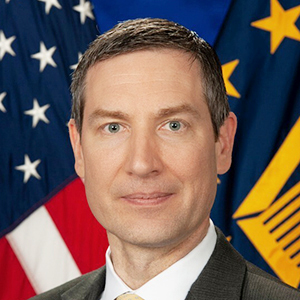 Todd Simpson Deputy Assistant Secretary, DevSecOps VA
Todd Simpson Deputy Assistant Secretary, DevSecOps VA -
 Megha Chokshi Senior Vice President GovCIO
Megha Chokshi Senior Vice President GovCIO
Moving from siloed acquisition to an agile, product-oriented model requires pairing strategic acquisition methods and technologists. Learn how agencies are embracing Agile methodologies to further support DevSecOps transformations toward the delivery of digital services.
Speakers / Panelists
-
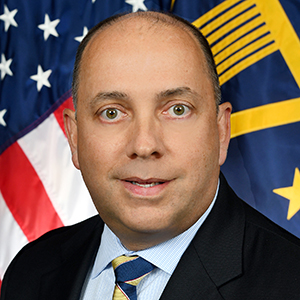 Brian Hermann Director and Program Executive Officer, Services Development Directorate DISA
Brian Hermann Director and Program Executive Officer, Services Development Directorate DISA -
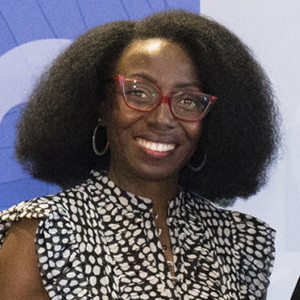 Florence Kasule Director of Procurement USDS
Florence Kasule Director of Procurement USDS -
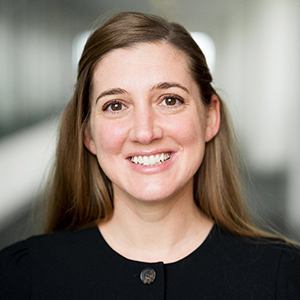 Mandy Moore Deputy Director, Office of Application Engineering and Development USPTO
Mandy Moore Deputy Director, Office of Application Engineering and Development USPTO -
 Lindsay Young Digital Service Delivery, 18F GSA
Lindsay Young Digital Service Delivery, 18F GSA -
 Moderator Amy Kluber Editorial Director GovCIO Media & Research
Moderator Amy Kluber Editorial Director GovCIO Media & Research
Integrating development, operations and security teams allows for stronger adoption of emerging technologies like artificial intelligence and RPA to streamline digital services. Agencies are turning to these technologies with a DevOps mindset to support cloud computing, infrastructure security and more.
Speakers / Panelists
-
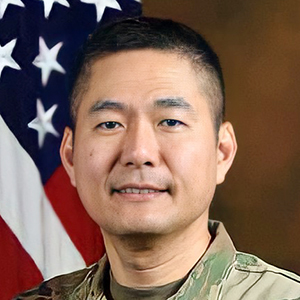 Col. Sang D. Han Chief of Infrastructure and Platform, JAIC DOD
Col. Sang D. Han Chief of Infrastructure and Platform, JAIC DOD -
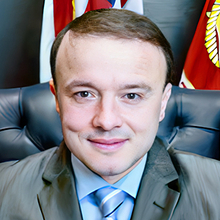 Edmond Kuqo Lead Systems Engineer for DevSecOps, Naval Information Warfare Center - Atlantic U.S. Navy
Edmond Kuqo Lead Systems Engineer for DevSecOps, Naval Information Warfare Center - Atlantic U.S. Navy -
 Moderator Adam Patterson Staff Writer/Researcher GovCIO Media & Research
Moderator Adam Patterson Staff Writer/Researcher GovCIO Media & Research
Systems are resilient. How are agencies making sure that the infrastructure, design and workforce are in place to safely recover with DevSecOps? In this panel, federal officials will share their strategies and discuss how their teams account for and bounce back from failure through cultural transformation.
Speakers / Panelists
-
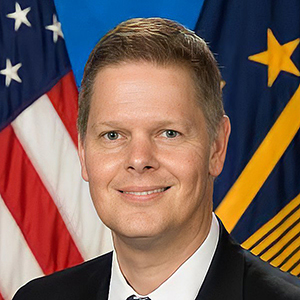 Daniel McCune Acting Associate Deputy Assistant Secretary, Enterprise Program Management Office VA
Daniel McCune Acting Associate Deputy Assistant Secretary, Enterprise Program Management Office VA -
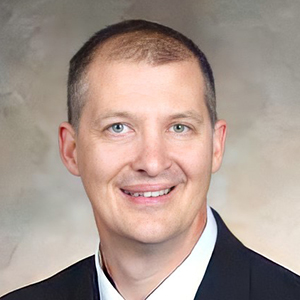 Shenandoah Speers Associate CIO, Applications NASA
Shenandoah Speers Associate CIO, Applications NASA -
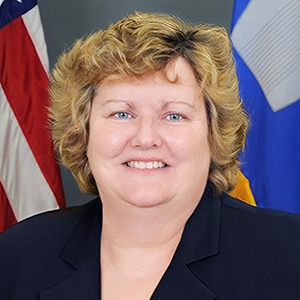 Eileen Vidrine Chief Data Officer Department of the Air Force
Eileen Vidrine Chief Data Officer Department of the Air Force -
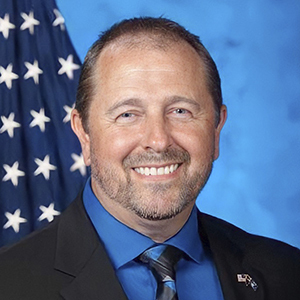 Moderator Gerry Lowe Vice President GovCIO Media & Research
Moderator Gerry Lowe Vice President GovCIO Media & Research
Speakers / Panelists
-
 Michael Hoffman President GovCIO Media & Research
Michael Hoffman President GovCIO Media & Research
-
 Col. Sang D. Han Chief of Infrastructure and Platform, Joint Artificial Intelligence Center, DOD
Col. Sang D. Han Chief of Infrastructure and Platform, Joint Artificial Intelligence Center, DOD -
 Brian Hermann Director, Services Development Directorate, DISA
Brian Hermann Director, Services Development Directorate, DISA -
 Florence Kasule Director of Procurement, U.S. Digital Service
Florence Kasule Director of Procurement, U.S. Digital Service -
 Edmond Kuqo Lead Systems Engineer for DevSecOps, Naval Information Warfare Center - Atlantic, U.S. Navy
Edmond Kuqo Lead Systems Engineer for DevSecOps, Naval Information Warfare Center - Atlantic, U.S. Navy -
 Daniel McCune Acting Associate Deputy Assistant Secretary, Enterprise Program Management Office, VA
Daniel McCune Acting Associate Deputy Assistant Secretary, Enterprise Program Management Office, VA -
 Mandy Moore Deputy Director, Office of Application Engineering and Development, USPTO
Mandy Moore Deputy Director, Office of Application Engineering and Development, USPTO -
 Todd Simpson Deputy Assistant Secretary, DevSecOps, VA
Todd Simpson Deputy Assistant Secretary, DevSecOps, VA -
 Shenandoah Speers Associate CIO, Applications, NASA
Shenandoah Speers Associate CIO, Applications, NASA -
 Eileen Vidrine Chief Data Officer, Department of the Air Force
Eileen Vidrine Chief Data Officer, Department of the Air Force -
 Lindsay Young Digital Service Delivery, 18F, GSA
Lindsay Young Digital Service Delivery, 18F, GSA


